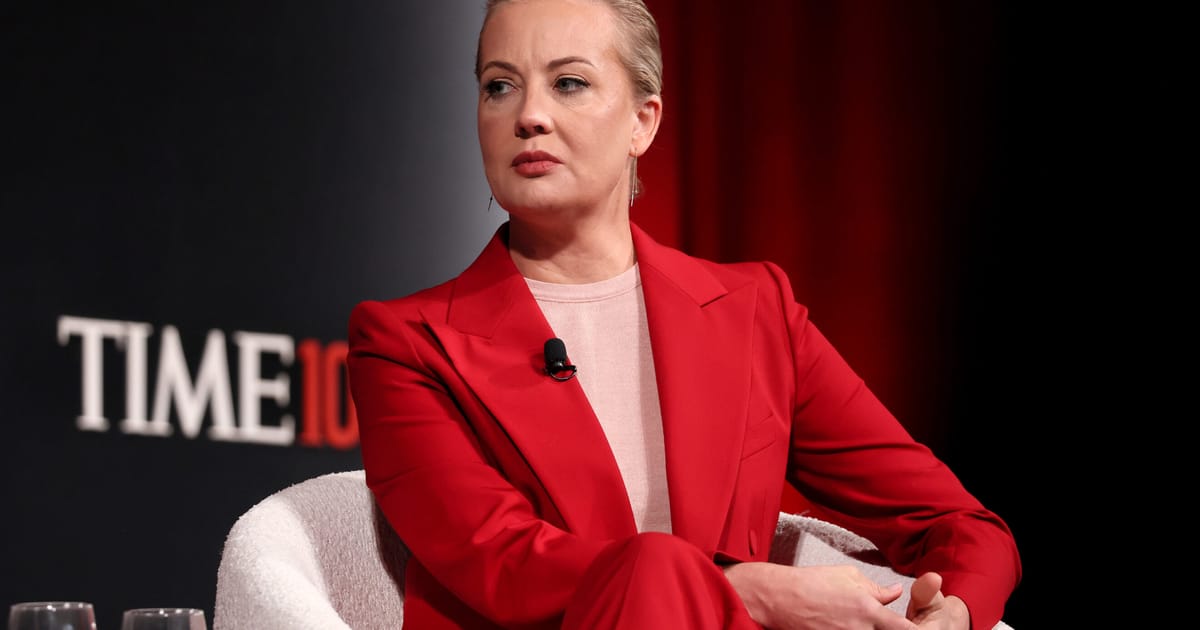From this comes our conviction that the dark years of Putinism are not an historical inevitability but an aberration. And that when the regime of Vladimir Putin ends, Russia will have the chance to return to the European path.
But what does this “European path” actually mean? From Hungary to Portugal, Sweden to Greece, Europe is vast and diverse. Its nations differ in both governance and their political evolution.
Moreover, 2025 has been a year of hard tests for the continent’s countries, even by recent standards. Putin’s war against Ukraine continues, and the EU faces intense political pressure both from without and within. Economically, the situation is also far from ideal, as EU countries are forced to sharply increase their spending on defense and security, giving new ammunition to populists of every stripe.
Things that seemed self-evident until recently, now appear more uncertain. Marginal views on fundamental issues — from humanist values to migration, environmental policies, minority rights and relations with dictatorships — are suddenly being expressed from the highest platforms. Not long ago, this would have been unthinkable.
When Alexei Navalny spoke of the “Beautiful Russia of the Future,” he envisioned a peaceful, democratic, prosperous European country. But what does it mean to be a European country today?
Despite all its internal challenges, contradictions and disagreements, Europe has always been — for me and for many Russians — a symbol of well-being.
